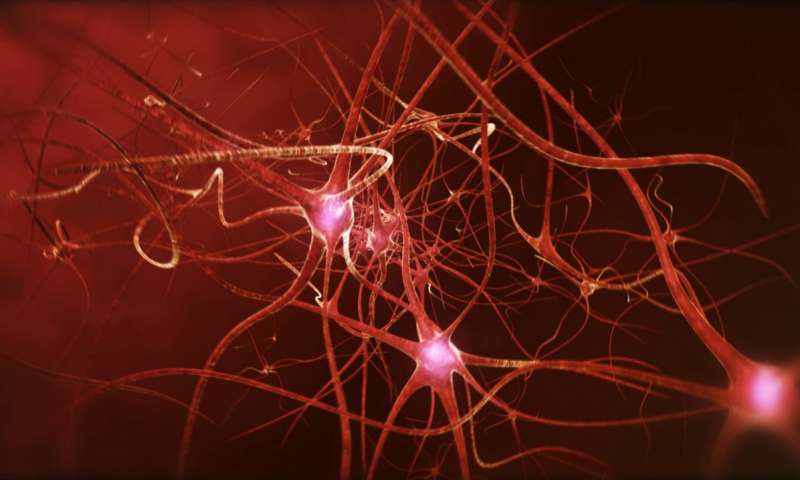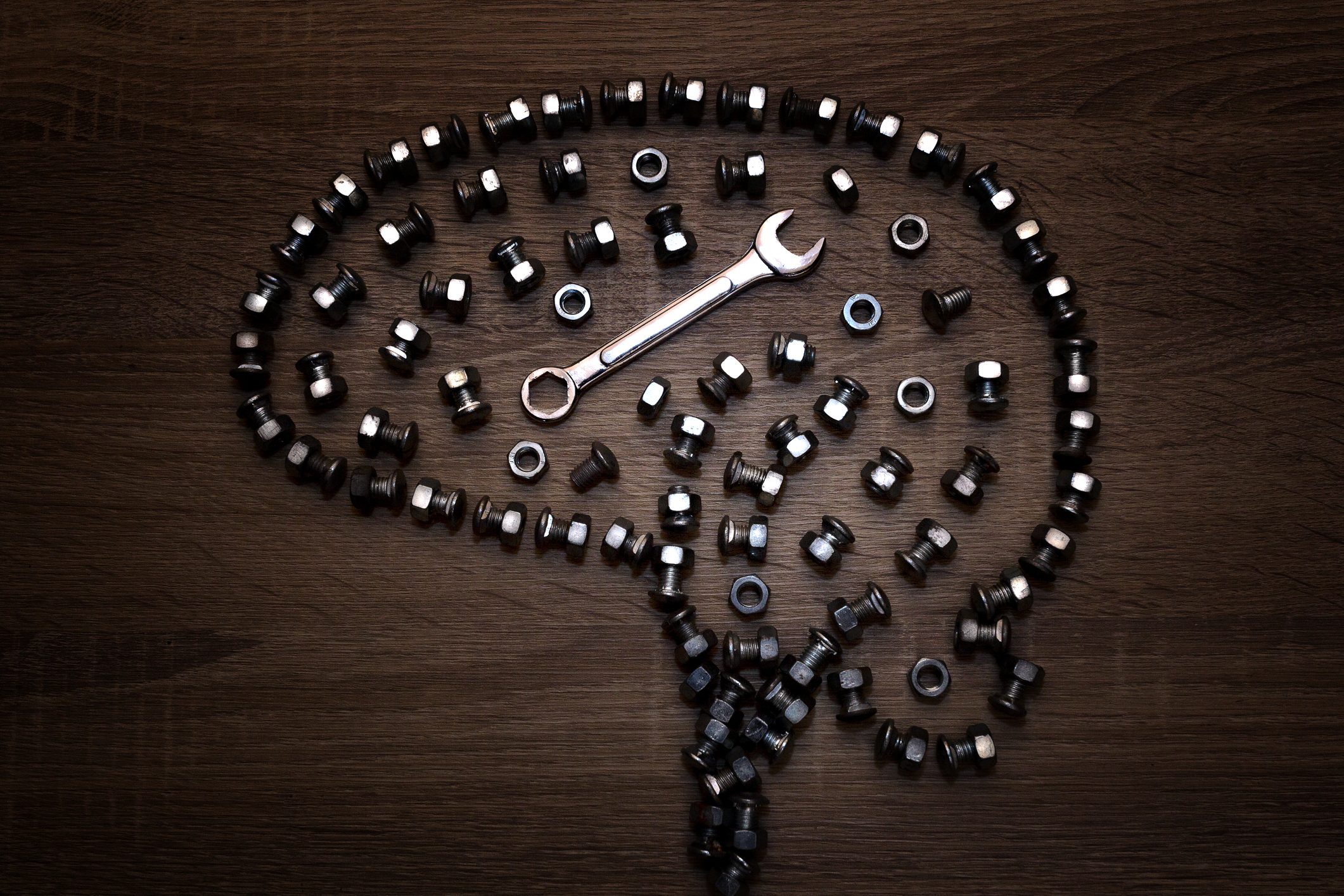Lack of sleep leads to disruption of connections between brain cells.

Everyone knows that not getting enough sleep is bad. If you sleep less than the body requires, then you can get a number of different disorders, including problems with the nervous system, nutrition, and well-being. And if you misuse the lack of sleep and further, you can seriously ill. A recent study showed that the brain suffers from a lack of sleep in the first place. This study was conducted by scientists from the David Geffen School of Medicine at the University of California, Los Angeles and Tel Aviv University.
Experts have found that because of a lack of sleep, brain cells lose their ability to exchange signals with each other in the usual manner. This has a negative effect on the functioning of the memory mechanism and visual perception.
“We found that if you deplete the body with a lack of sleep, neurons lose the ability to function normally,” writes Yitzchak Fried , a professor of neurosurgery at Tel Aviv University. “And this affects the cognitive abilities of the brain and affects the mechanism of the response to the world around us.”
Fried is the head of an international team that studied the health status of 12 patients at UCLA. All patients from the group were implanted with electrodes in the brain. Using these electrodes, you can monitor the brain's response to various external factors. Earlier, scientists found that because of a lack of sleep, the intervals between epileptic seizures in patients are reduced. With the help of electrodes, scientists could predict the occurrence of seizures, plus the implants allowed us to study the effect of lack of sleep on the brain.
Scientists asked patients to classify different images as quickly as possible. The work of the brain of volunteers during this procedure in real time was followed by representatives of the research team. Implanted electrodes made it possible to track changes in the activity of approximately one and a half thousand neurons. As it turned out, the more patients wanted to sleep, the slower they performed the task (which is quite expected). The nerve cells in the brain of these patients also began to work more slowly.
“We were extraordinarily happy to see how sleep disturbances affected nerve cell activity,” said the research team. “Unlike the usual fast response, neurons responded to stimulation slowly, entered the activity phase for a long time, and the signal transmission took more time than usual.”
As it turned out, lack of sleep interfered with the ability of neurons to encode information and translate visual images into thought. This is what happens with nerve cells, for example, the driver, in front of a moving car which passes a pedestrian. If the driver is tired, his brain simply does not have time to translate the visual image - the pedestrian into the thought “danger, you need to brake.” It takes more time for the brain to process external information.

Scientists also found that despite the fact that the volunteers were awake, for those who did not have enough sleep, a certain area of the brain seemed to be “asleep”. This, in turn, also led to problems with memory and visual images.
“Sleep problems cause the brain to behave like after a lot of alcohol drunk by a person,” says one of the participants in the study. “Unfortunately, there are simply no medical standards for identifying among drivers on the roads those who have not slept much and want to sleep at the wheel, just as the police identify drunk drivers.” According to statistics, sleepy drivers alone cause 70,000 accidents per year in the United States.
In the future, scientists plan to identify the mechanism that leads to the problematic work of neurons.
Previous studies of physicians revealed that people who are not sleeping enough have a high risk of developing depression, obesity, diabetes, heart attacks, and other medical problems. Every person needs different needs for sleep, but everyone needs to get enough sleep - there's nothing to be done.
All Articles